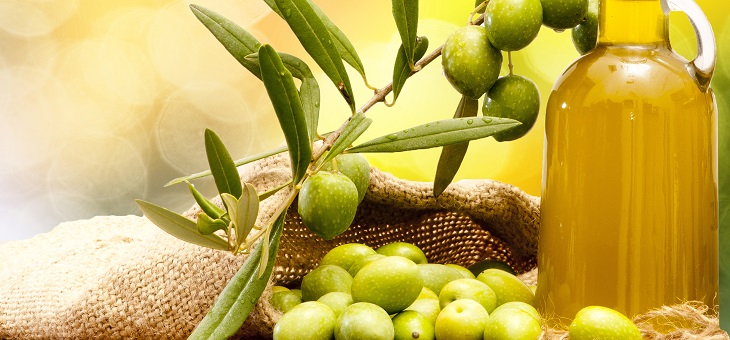Late last century, a group of athletes was asked this question: if you could take a drug that will guarantee you’ll never again be beaten, but which will kill you within five years, would you take it?
About half said they would.
So what if you were asked the following question: if you could take natural substances that will extend your life, with no negative side effects, would you take them?
You’d probably only say, ‘No, I wouldn’t’ if you were looking forward to dying. If you fancy the prospect of living a little longer, then read on.
These substances are known to you.
A group of Harvard researchers wrote about their benefits in 2015 and numerous studies since have come to similar conclusions.
It’s called the Mediterranean Diet, and while it may not be rocket science to suggest that olive oil, fruits and vegetables are good for you, it remains puzzling as to why so many Australians refuse to make the simple changes in their diet to give themselves the best chance at longevity.
And make no mistake, the evidence appears to be indisputable.
A recent study published in the New England Journal of Medicine looked at 7447 women (aged 60 to 80) and men (aged 55 to 80) who were at a high cardiovascular risk but did not have cardiovascular disease when they signed up.
Subjects were randomly assigned to one of three groups:
Mediterranean Diet plus four tablespoons of extra virgin olive oil daily
Mediterranean Diet plus one ounce of nuts daily
Control diet.
By the end of the study, both Mediterranean Diet groups experienced a significant 30 per cent reduction in the combined risk of acute heart attack, stroke or cardiovascular death over the five-year period, compared with the control group.
And as recently as last August, a study was conducted by Neuromed Mediterranean Neurological Institute in Italy, which examined the merits of a Mediterranean Diet among older people.
Studying some 5200 people aged 65 and older for about eight years, the research observed that there was a ‘dose-response’ relationship between diet and survival in seniors – the closer the diet was to a Mediterranean one, the longer the survival.
The findings supported the idea that adopting or continuing with a Mediterranean Diet could help older people ‘maximise their prospects for survival’.
And there’s more good news.
While a Mediterranean Diet brings with it higher intakes of mono-unsaturated fats (healthy fats), such as in virgin olive oil, there was also a benefit to be had from moderate consumption of alcohol, preferably during meals.
The research concluded that ‘if inserted in a Mediterranean food context, a moderate consumption of alcoholic beverages is a protective factor for our health’.
So what does a Mediterranean Diet involve?
Well, going to live by the Mediterranean might be an option you’d consider, but if not, simply try eating less unprocessed food and more fruits, vegetables, whole grains and nuts, use olive oil wherever possible, limit red meat consumption to once a month and have weekly intakes of fish and white meat.
And as for alcohol, it’s suggested that men can have a glass or two of wine every day, while women are allowed one glass.
So there you have it. Why wouldn’t you give it a try?
Are you already a fan of the Mediterranean Diet? Or will you give it a try? Do the principles of the diet make sense to you?
Related articles:
Dietary discovery protects eyes
Diet linked to mental health
Diet that lowers your stroke risk
Disclaimer: This article contains general information about health issues and is not advice. For health advice, consult your medical practitioner.

